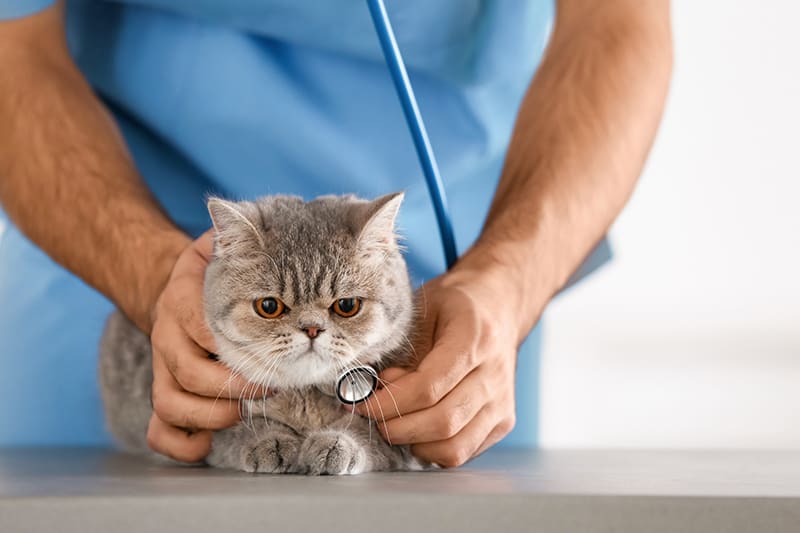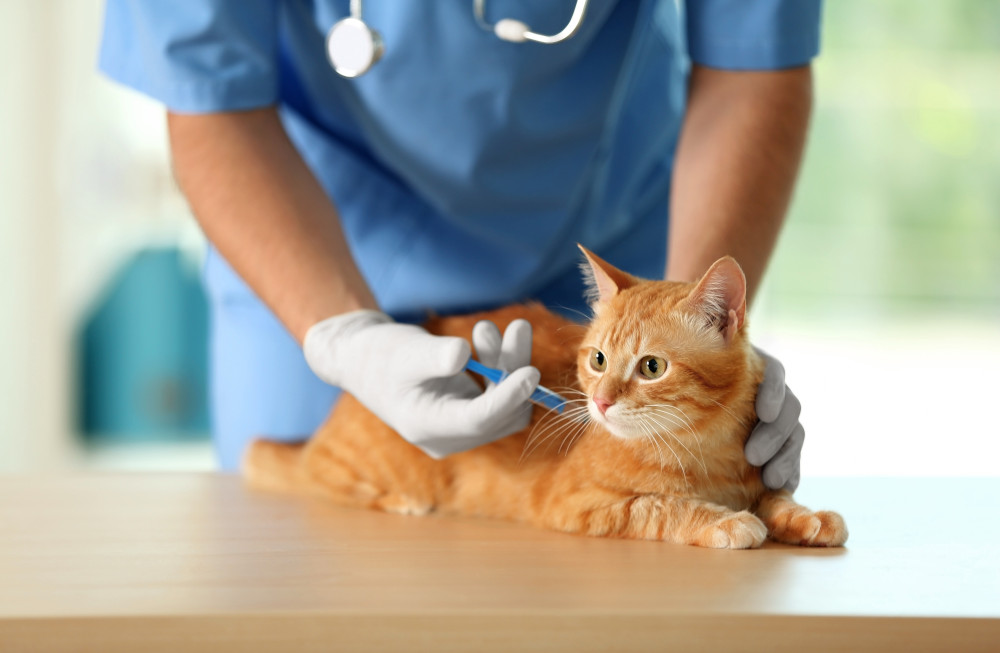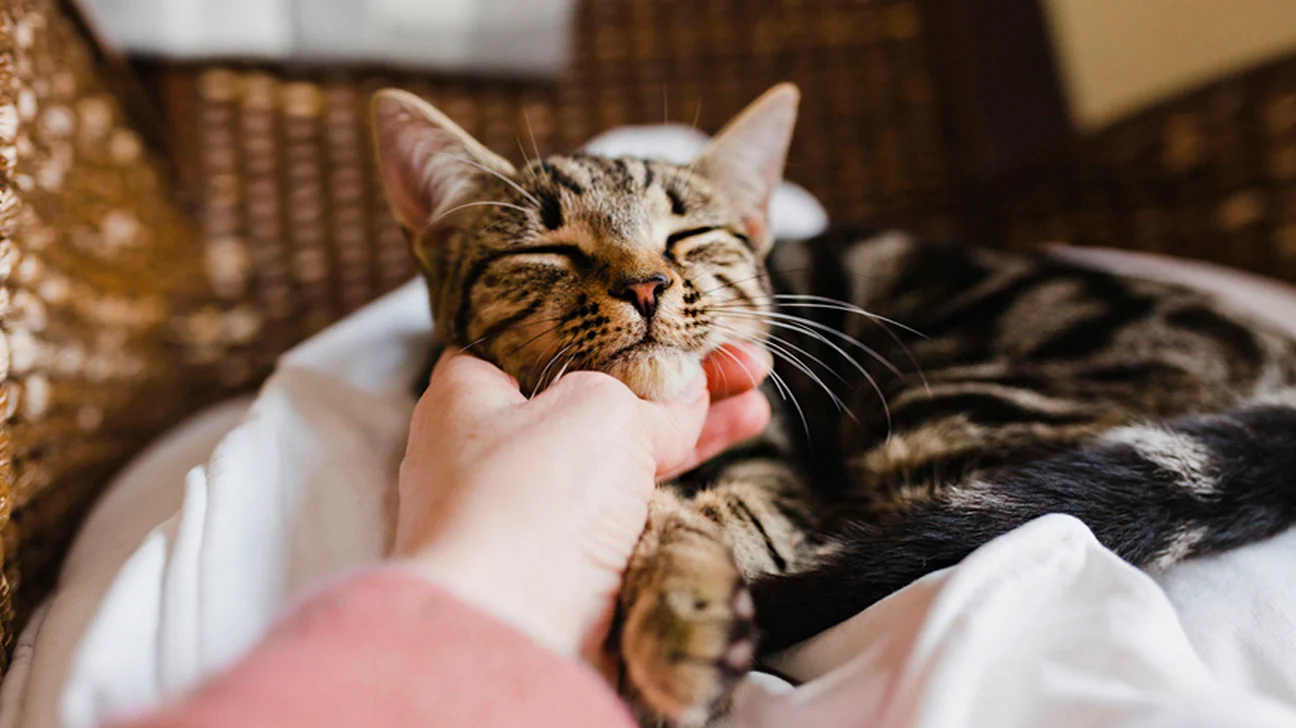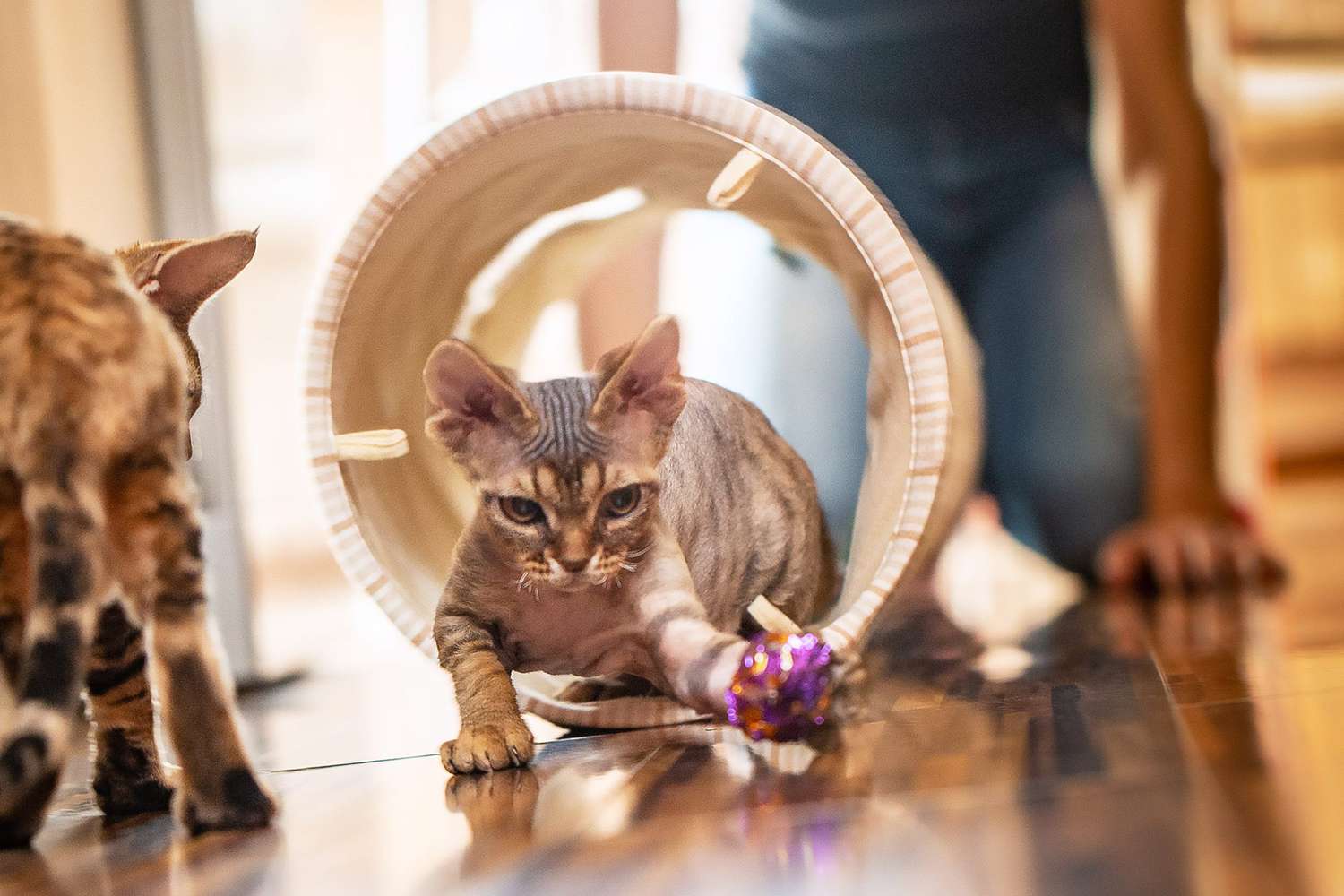Choosing Health: The Healthiest Cat Breeds
Anúncios
When you decide to adopt a cat, you should not only consider their appearance and behavior. If you want your new pet to live a long and happy life, its health is very important. Some cat breeds are known to be very healthy, and their genes make them less likely to suffer from certain diseases. This guide discusses some of the best cat breeds, including what makes them unique, how to care for them, and why they are so beneficial to your cat’s health.
1. Russian Blue Cats:
Russian blue cats are known for their beautiful silver-blue coat and bright green eyes. This cat not only looks beautiful, but is also considered one of the healthiest cats.
Important Health Facts
- Hypoallergenic Potential: Russian Blue cats are known to produce fewer allergens than other cats, making them a good choice for people with allergies.
- Strong Immune System: These cats generally have a strong immune system, which is beneficial to their overall health and well-being.
- Longevity: With proper care, Russian Blue cats can live into their late teens or even early twenties.
How to Take Care of Things
- Regular Brushing: Their short hair doesn’t need much care, but daily brushing helps keep the hair healthy and prevent it from falling out.
- Interactive Games: Let them play with other children to keep their minds sharp and occupied.
- Routine Veterinary Exams: Taking your pet to the vet regularly can help you detect any health problems early.
2. Siamese Cats:
With beautiful blue almond-shaped eyes and unique color spots, Siamese cats not only look beautiful but are generally healthy.
Important Health Facts
- Sound and Socialization: Siamese cats love being around other cats, which is good for their mental health.
- Resistant to Common Ailments: This breed is not as prone to certain genetic health problems as other breeds.
- Active Lifestyle: Siamese cats are fun and active, which is good for your health.
How to Take Care of Things
- Interactive Toys: Give them toys to keep their minds busy and moving.
- Regular Dental Care: Since they are more prone to dental problems, they need to brush their teeth every day.
- Quality Diet: Make sure they eat a varied diet to stay healthy and energetic.
3. Sphinx:
Sphynx cats are known for their lack of fur, but they also have some unique characteristics that benefit their health.
Important Health Facts
- Low Grooming Needs: Being hairless means you don’t have to shave or clean as often.
- Be Aware of Heat: Sphynx cats are sensitive to temperature changes because they have no fur. They need to be kept warm.
- Busy and Curious: These cats are known for being busy and playful, which is good for your health.
How to Take Care of Things
- Regular Bathing: Even though Sphynx cats are hairless, they still need to bathe regularly to remove oil from their skin.
- Sun Protection: Keep their sensitive skin out of direct sunlight, as they don’t have fur to keep them warm.
- Indoor Living: Because Sphynx cats have no fur, they should be kept indoors to avoid sunburn and heat stress.
4. British Shorthair Cat:
It has a round face and a layer of thick, fluffy fur. The British Shorthair is a strong, healthy cat.
Important Health Facts
- Strongly Built: British Shorthair cats are known for their strong, stocky build and plenty of muscle.
- Easy to Maintain: Their thick coat doesn’t require much grooming, so owners who are always on the go can get one.
- Gentle: Being calm and relaxed can help them reduce stress, which is good for their overall health.
How to Take Care of Things
- Balanced Diet: Feed them a balanced diet to maintain a healthy weight and prevent health problems associated with being overweight.
- Moderate Exercise: British Shorthair cats don’t need as much exercise as other breeds, but they do need some play and exercise to lose weight.
- Regular Vet Checks: Taking your hat to the vet for regular checkups will help you keep an eye on their health and catch any problems early.
5. Norwegian Forest Cats:
The Norwegian Forest Cat is not only beautiful but also healthy and strong. It has a majestic appearance and a bushy tail.
Important Health Facts
- Natural Adaptations: Over time, Norwegian Forest Cats have become strong and hardy because they come from the colder regions of Northern Europe.
- Waterproof Jacket: Their double-layer jacket is waterproof to protect them from all weather conditions.
- Strong Immune System: Scandinavian forest cats generally have a strong immune system.
How to Take Care of Things
- Grooming: These cats require regular grooming, especially when they shed, even if their coat is thick.
- Interactive Games: Let them play with other kids to satisfy their silly needs and keep their minds occupied.
- Access to Indoor and Outdoor Spaces: They can live indoors, but being able to go outside allows them to move around naturally.
6. Maine Coon Cat:
The Maine Coon is a large, gentle dog breed known for its large size and furry ears. It also has some great health properties.
Important Health Facts
- Adaptability: Maine Coon cats can live in different places and lifestyles.
- Heart Health: This cat is less likely to have heart problems than other types of cats.
- How Long Do They Live: If you take good care of your Maine Coon cat, it can live into its teens or even early teens.
How to Take Care of Things
- Regular Exercise: Maine Coon cats are busy cats, and even though they are small, they need regular play and exercise.
- Nutrient-rich diet: Feed them a healthy diet to help them grow, especially when they are kittens.
- Regular Vet Checks: It is important to take your pet to the vet regularly to monitor his health and address any problems immediately.
Conclusion:
Although genes play a big role in your cat’s health, good care, a balanced diet, regular exercise and regular veterinary checkups can also have a big impact. Choosing a cat breed that is known for its health is one way to ensure that your cat lives a long and happy life. Keep in mind that every cat may still have different health needs. So it is important for his health and happiness to pay attention to your cat’s behavior and take immediate action on any changes.
FAQs:
1. Why is a cat breed considered “healthy”?
Healthy cat breeds typically exhibit characteristics such as a strong immune system, resistance to common genetic diseases and generally good health. These breeds generally have a lower genetic predisposition to certain health problems.
2. Do hairless breeds like Sphynx cats have special care needs?
Yes, hairless breeds like Sphynx cats require special care due to their lack of fur. This includes regular bathing to remove oil from the skin, avoiding direct sunlight and maintaining a warm indoor environment.
3. How can I ensure that my cat lives a long and healthy life?
Make sure your cat gets a balanced diet, regular exercise, regular vet checks and a safe, stress-free environment. Choosing a breed with known health traits is a proactive step, but personal care is still crucial.
4. Are indoor cats as healthy as outdoor cats?
Yes, indoor cats are just as healthy as outdoor cats. Providing a stimulating indoor environment, regular playtime, a balanced diet and routine veterinary care will contribute to their overall health.
5. Do all healthy cat breeds have a longer lifespan?
Although the health traits of the breed play a role, personal care and genetics also influence longevity. Breeds like the Maine Coon and Russian Blue are known for their longevity, but factors such as diet and lifestyle can affect a cat’s overall lifespan.
malik
Publicado em: 25/12/2023




